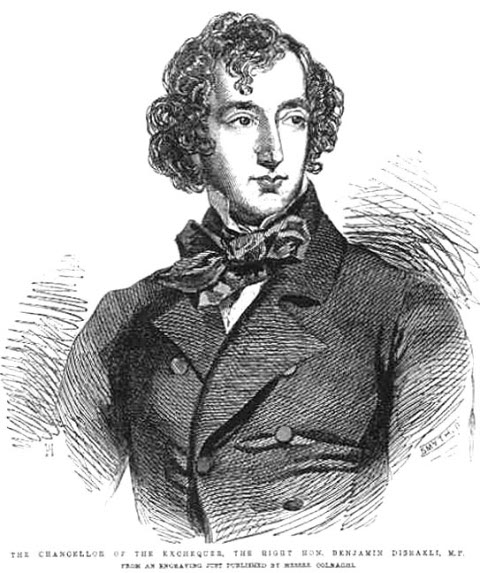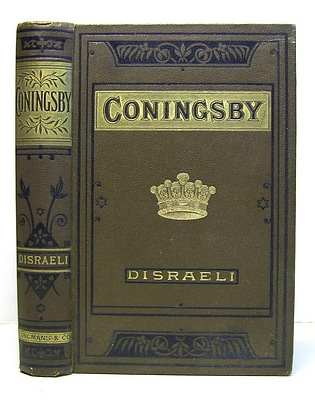Its officials bided their time in the years after the fall of the Soviet Union, when “terrorism” had yet to claim the landscape and enemies were in short supply. In the post-9/11 era, in a phony “wartime” atmosphere, fed by trillions of taxpayer dollars, and under the banner of American “safety,” it has grown to unparalleled size and power. So much so that it sparked a building boom in and around the national capital (as well as elsewhere in the country). In their 2010 Washington Post series “Top Secret America,” Dana Priest and William Arkin offered this thumbnail summary of the extent of that boom for the U.S. Intelligence Community: “In Washington and the surrounding area,” they wrote, “33 building complexes for top-secret intelligence work are under construction or have been built since September 2001. Together they occupy the equivalent of almost three Pentagons or 22 U.S. Capitol buildings — about 17 million square feet of space.” And in 2014, the expansion is ongoing.
In this century, a full-scale second “Defense Department,” the Department of Homeland Security, was created. Around it has grown up a mini-version of the military-industrial complex, with the usual set of consultants, K Street lobbyists, political contributions, and power relations: just the sort of edifice that President Eisenhower warned Americans about in his famed farewell address in 1961. In the meantime, the original military-industrial complex has only gained strength and influence.
The technocratic-elite is just as much a part of it, and the part of Eisenhower’s address that people often leave out. I’d include a certain connected gaggle of military “intellectuals” and think tank or “private” military analysts I was stupid enough to spend so much time reading. Most of what I learned was a waste of time.
A total bunch of weirdos and it’s my fault for wasting my time.
It seems strange to me that conservatives would assume that the American military or our alliances would remain immune from the complexities of the human heart and its varied motivations such as fear, pride, anger, greed, do-gooderism, meaning-wellism, and the rest of it.
NATO today is a nation building exercise tied to an economic bloc, the EU, and to our own large economy. It is no longer a pristine defensive alliance, if it ever was that, it is an expansionary competitive bloc that strives not only to incorporate others but to use that incorporation to re-engineer societies. How is it conservative to ignore that aspect of it, now, today, in 2014?
If one does think it is important as a defensive alliance, then this aspect needs to be understood because it is hollowing out real defensive capabilities (“a global NATO”, I am talking to you) and hollering about Putin or lack of funding for Ukraine doesn’t change the fact that the billions spent by the alliance, still, somehow, is not enough to do its job. Well, unless its job is to make money and increase the power and funding of bureaucrats and their agencies. Then, it’s doing a mighty fine job.



